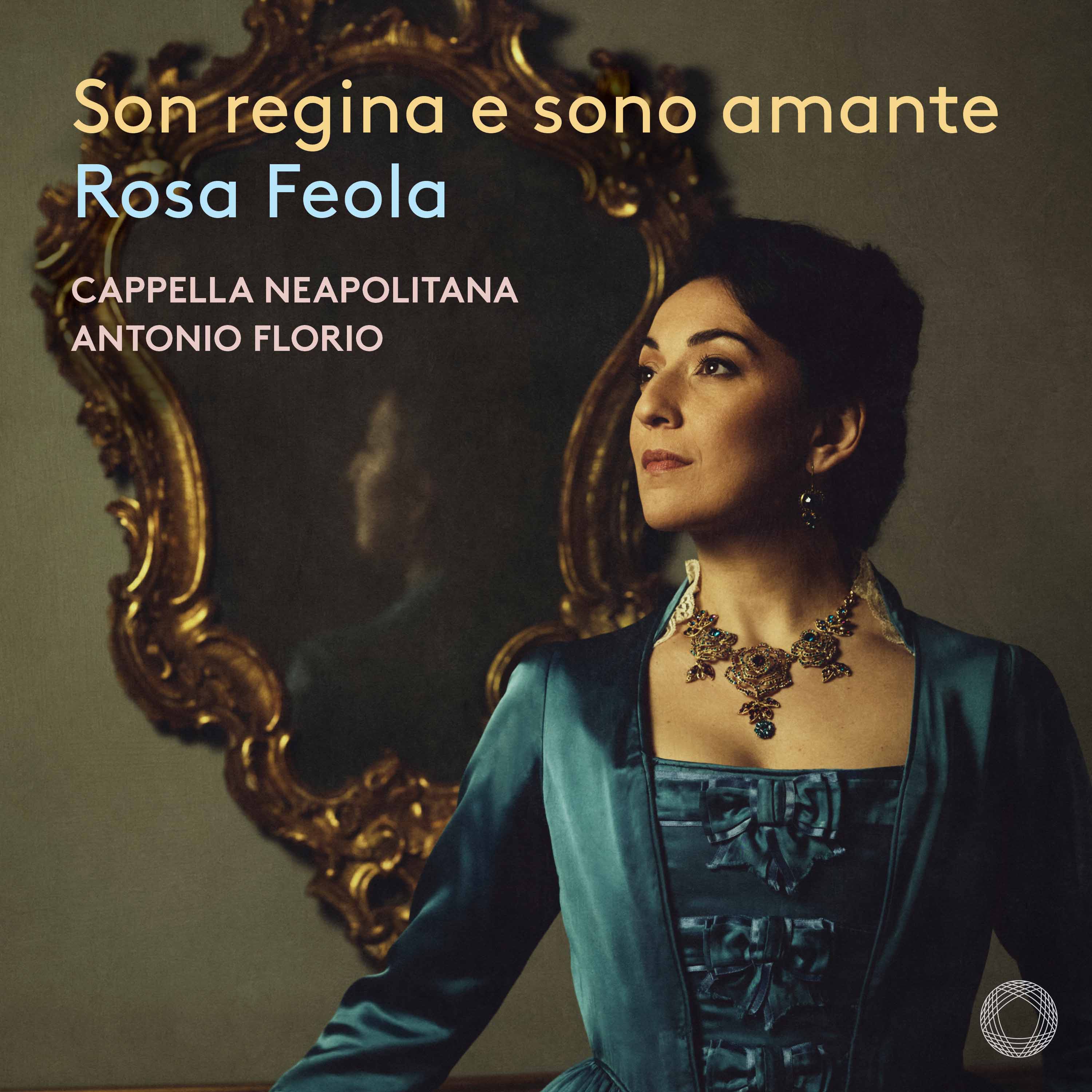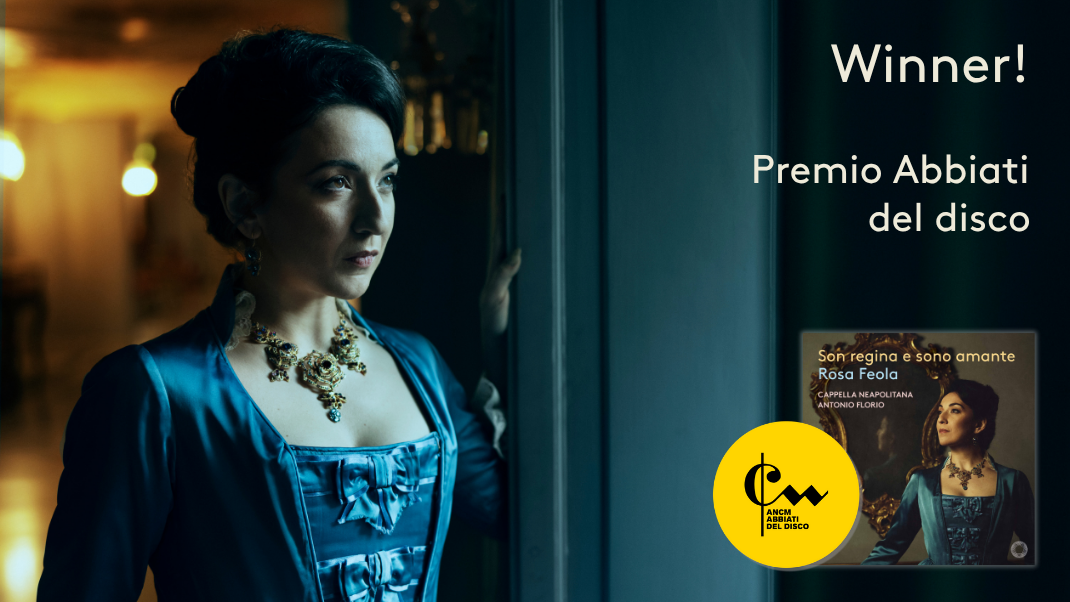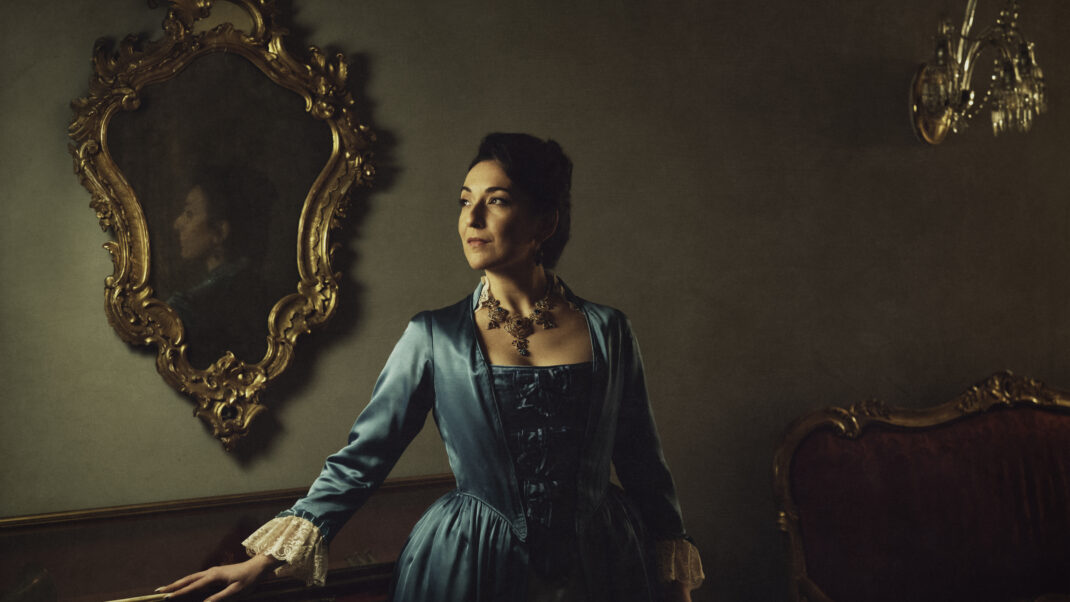Niccolò Piccinni (1728-1800)
Didone abbandonata (Rome, 1770) · Act I, scene 5
(libretto by Pietro Metastasio)
La capricciosa (Rome, 1776) · Act I, scene 12
(anonymous libretto)
Didon (Fontainebleau & Paris, 1783) · Act II, scene 3
(libretto by Jean-François Marmontel, after Pietro Metastasio and Nahum Tate)
Zenobia (Naples, 1756)
(libretto by Pietro Metastasio)
Ciro riconosciuto (Naples, 1759) · Act I, scene 5
(libretto by Pietro Metastasio)
Artaserse (Naples, 1768) · Act III, scene 5
(libretto by Pietro Metastasio)
La schiava (Rome, 1776)
(libretto by Alcindo Isaurense P. A)
Le faux lord (Fontainebleau, 1783) · Act I, scene 7
(libretto by Giuseppe Maria Piccinni)
Le donne vendicate (Rome, 1763)
(libretto by Giuseppe Petrosellini, after Carlo Goldoni)
Atys (Paris, 1780) · Act II, scene 8
(libretto by Jean-François Marmontel, after Philippe Quinault)
Il finto turco (Naples, 1762)
(libretto by Antonio Palomba)
Lo stravagante (Naples, 1761) · Act I, scene 5
(libretto by Antonio Villani)
Album information
A TRIBUTE TO THE MASTER OF 18TH-CENTURY NEAPOLITAN OPERA
Soprano Rosa Feola, Cappella Neapolitana and maestro Antonio Florio pay tribute to Niccolò Piccinni, master of the 18th-century Neapolitan opera tradition, with Son regina e sono amante. Deliberately avoiding his most famous work, La buona figliola, the album offers arias from his French and Italian operas, including some in Neapolitan vernacular. Given her origins, Feola is the ideal ambassador to bring the once world famous Piccinni back into the limelight.
Soprano Rosa Feola has received many accolades for her achievements, and is a regular guest at the most important opera houses worldwide. Cappella Neapolitana and its artistic director Antonio Florio have played a seminal role in the rediscovery of Neapolitan music since its foundation in 1987. All artists make their PENTATONE debut.
Released physically on standard CD.
REVIEWS:
2026 ICMA AWARD NOMINATION







